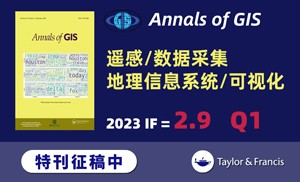Journal of Sustainable Finance & Investment ( IF 3.8 ) Pub Date : 2021-07-05 , DOI: 10.1080/20430795.2021.1945348 Henry Penikas 1, 2, 3
ABSTRACT
The COVID-19 induced the central bankers to search the most efficient stimulus measures. As a solution, they made an unprecedented step. They lifted down the reserve requirement (RR) to zero. This was done in the United States [FRS. 2020. “Federal Reserve Actions to Support the Flow of Credit to Households and Businesses.” Accessed February 10, 2021. Board of the Governors of the Federal Reserve System] and Morocco [BKAM. 2020. “Monetary Policy Report No. 55.” Accessed from Central Bank of Morocco Website]. The existing monetary theory literature suggests that the broad money supply should go to infinity as a result. Then we may expect the rapid economic recovery. However, this may not come true. The novelty of this paper is the development of the money multiplier theory. We explain why a step to set the RR at zero may boost (though slight) the cash-intensive economy (like Morocco) and may not deliver any benefit to a mostly cashless one (like the US, Canada, or the EU).
中文翻译:

巴塞尔资本比率监管下的货币乘数:对反 COVID-19 刺激的影响
摘要
COVID-19 促使央行行长寻找最有效的刺激措施。作为解决方案,他们迈出了前所未有的一步。他们将存款准备金率 (RR) 降至零。这是在美国完成的 [FRS. 2020.“美联储采取行动支持信贷流向家庭和企业。” 于 2021 年 2 月 10 日访问。美联储理事会] 和摩洛哥 [BKAM。2020. “货币政策报告第 55 号。” 从摩洛哥中央银行网站访问]。现有的货币理论文献表明,广义货币供应量应该因此趋于无穷大。那么我们可以期待经济的快速复苏。然而,这可能不会成真。本文的创新之处在于货币乘数理论的发展。









































 京公网安备 11010802027423号
京公网安备 11010802027423号